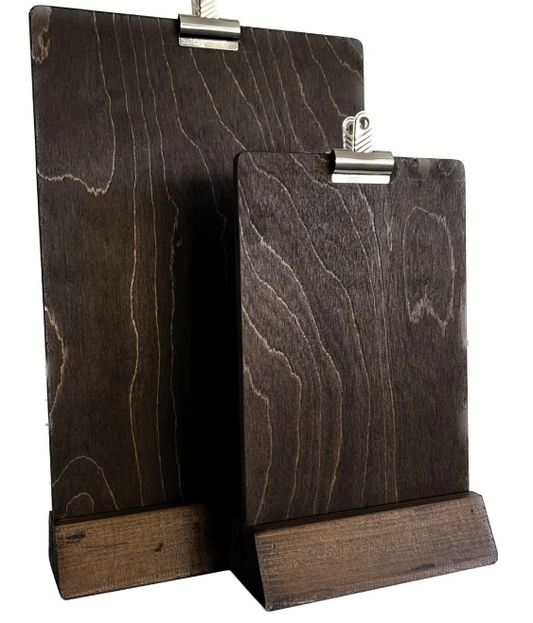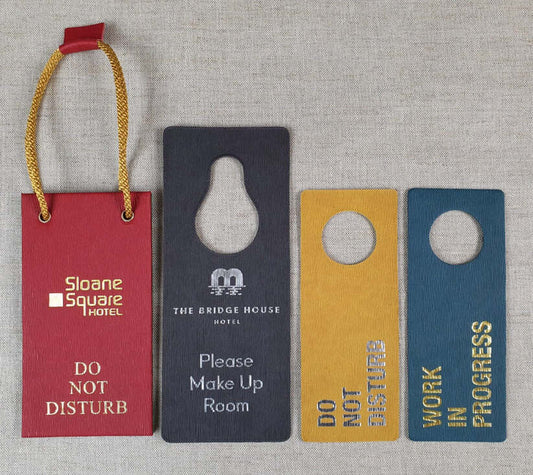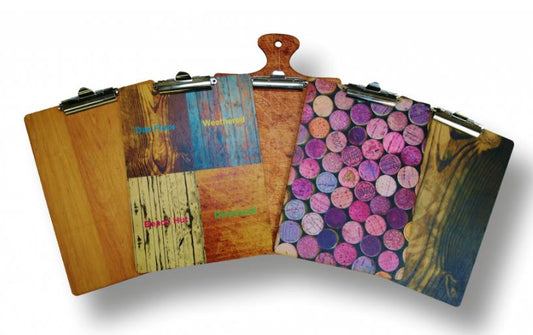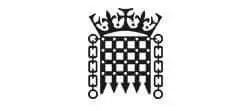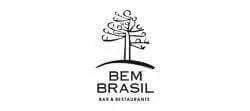You definitely wouldn’t want it to you, but it happens. Your pants are down when a housekeeper suddenly comes into your room. What an embarrassment, but who is to blame?
In this case, you should have placed a “Do not disturb” or DND sign on your door. What is the real score of a DND sign, and when should you use it? What does it really mean at an establishment like a hotel?
One of the cardinal rules of hospitality that (good) employees know is that they are not supposed to knock on a door with a Do Not Disturb sign. There are plenty of reasons why a guest would put it up, but as a legal right, a hotel can ignore it at any time and for certain reasons. Your room, after all, happens to be their property, and you are on their property.
Reasons Why Hotel Staff Ignores DND Signs
What are some reasons why a hotel would violate a DND sign? These instances occur when the hotel management believes that health, safety, and property are at risk. Some of the examples are the following:
- If there was a 911 call from the room, as shown in the phone system.
- There are loud noises heard from the room by hotel staff, possibly signifying potential property damage.
- If the hotel staff suspects a potential domestic abuse situation, eliciting loud voices of screaming and arguing coming from the room.
- If 24-48 hours have elapsed and the DND sign is still on, it could indicate that there might be an issue with the health and well-being of the guest.
- If illegal activity is suspected to occur in the room due to a large number of people seen entering and leaving the room.
- There is a water leak in the room below; possibly, the tub is left running in the room above. The guest's health can be an issue here, as well as possible property damage.
Why Does Hotel Staff Violate DND Signs? 2 Primary Reasons
In practice, however, there are two primary reasons why hotel staff are likely to violate the “Do not disturb” sign on a room in their establishment, and they are:
- If a room is due to check out on that particular day, a hotel housekeeping staff will tend to clean it, especially if it is assigned to them. If they are not able to clean their assigned rooms, they won’t be paid, plus they are eager to get hold of the tip that the guest might have left.
- The DND sign is apt to be ignored when the guest leaves it hanging on the door while they go out for the day. Somehow, they would expect the housekeeping to clean the room, anyway. Otherwise, they would complain about their room not being tidied and are inclined to lie about keeping the DND sign on the door. It’s crazy.
These two reasons are not valid for explaining why hotel staff sometimes violate the DND sign. Still, they suffice in elucidating to the guests why these scenarios sometimes happen to hotels that have no efficient housekeeping management.
What Employees Do When There’s a DND Sign
As a recourse, what concerned employees should do if they find a DND sign hanging outside the door of a room is to ask the front desk to call it and ask if it is ok for a staff member to knock and enter. It is room service that is likely to take this option.
What if there is no answer, or else there is no emergency? The hotel staff is obliged not to enter, and on the other hand, they would hang a sign on the door to denote that they respect the guest’s request for privacy.
Should this occur, the staff may have to leave the room service tray outside the door. It transpires quite often wherein drunk guests order for room service, then passes out and wake up to find their cold meal waiting at the door in the morning.
A certain school of thought deems it inappropriate to call a room with a DND sign hanging, but that is not necessary. If a guest requests no calls to their room, the staff is likely to abide by that.
If the hotel staff needs to communicate with them, or if there is an emergency, then the former can slip a note under the door.
Conclusion
Many rules apply to the use and violation of the necessary breach of the DND sign. Nevertheless, above are some instances and elucidations about its use in hotels and how the hotel staff deals with it.
Generally, though, these signs effectively hold the guests' peace and uphold their due right to privacy. There are many purposes of using the DND sign, but for the most part, they are to convey to the housekeeping staff that now is not an apt time for any intrusion, and they should return another time.
Read also:


